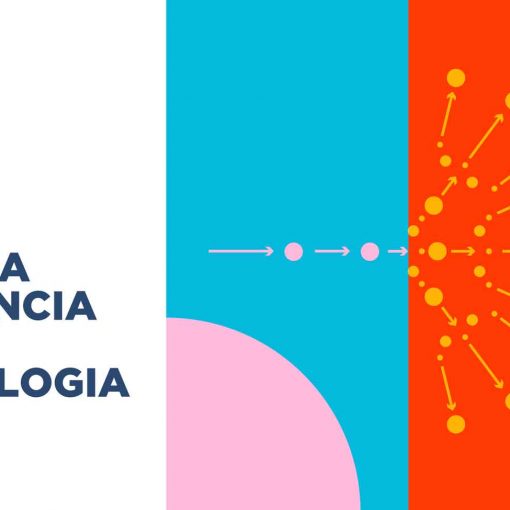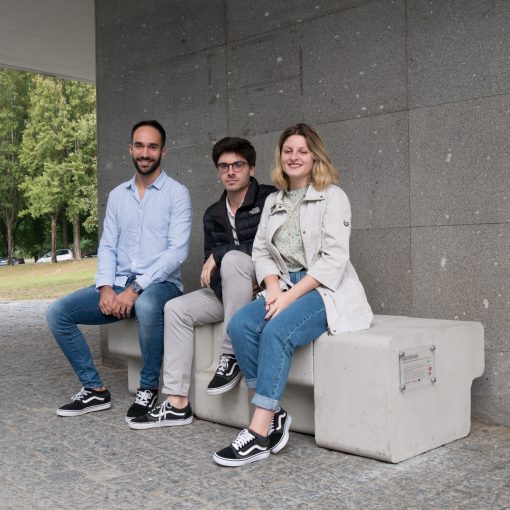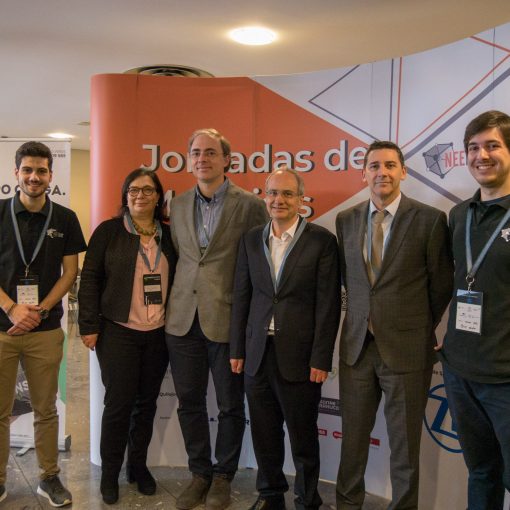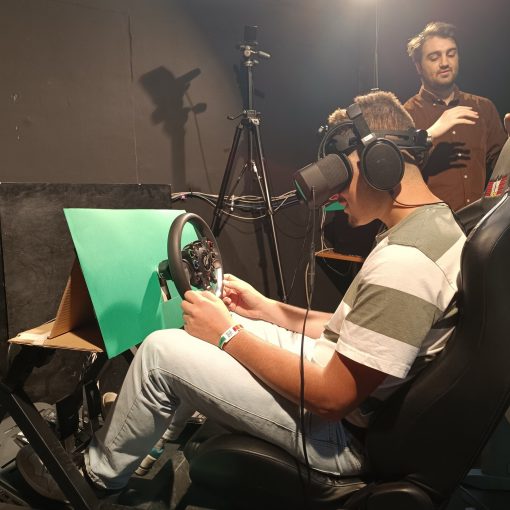It’s the only degree in the sector and the companies want to make up for the lack of professionals in order to continue to be a world reference.
The twenty students entering the degree programme in Polymer Engineering at the University of Minho in September will have companies in the sector fund the entire tuition fee, in-company tutoring and, each summer, internships in industry with expenses paid. This is the only course in this area in the country and all students can even complete it in Guimarães without paying the tuition fee, which is funded for all 1st year students, and from the 2nd year onwards, the benefits are maintained, all you have to do is pass all the subjects and have an average of more than 13 points.
This pioneering initiative aims to address the clear lack of professionals in the plastics and moulds sector, an area in which Portugal leads the world with its 1,150 companies, 43,000 workers and eight billion euros in turnover, around 4% of national GDP.
Pioneering initiative
“There is a misconception in society that plastic materials are harmful, that they will end and that this industry has no future, but the reality is substantially different, because employability is 100%, our industry is an international benchmark and this area is central to mobility, IT, medicine, construction and so many other fields,” summarises the director of UMinho’s Polymer Engineering Department, João Miguel Nóbrega. “In addition, we need new minds to bring more innovation, such as developing and processing new polymers, biopolymers and biodegradable polymers to respond to societal challenges, according to the United Nations’ 2030 Agenda,” he notes.
The professor points out that industry has been short of qualified young people for years, as course places are not being filled and requests for qualified labour have grown substantially. The recent suggestion to involve companies in higher education “was extremely well received” at the various meetings held with partners. More than twenty companies have already joined the initiative, including Celoplás, Ernesto São Simão, Fehst, Plastipak, Silvex, Simoldes and Logoplaste. All the companies will appoint a tutor who will monitor the students’ training throughout the course and will take them on internships during the summer holidays. These internships will last between two and four weeks and will allow the relationship between the students and the associated companies to deepen.
More qualified young people
“At the end of the course, we’ll have students with a greater capacity for evolution and motivation, which will make them better professionals,” says João Miguel Nóbrega. “In practice, the market prefers to have someone they know, help train and then hire, reducing risk and increasing efficiency, as opposed to hiring professionals they don’t know,” he explains.
UMinho’s School of Engineering has been training professionals in Polymer Engineering since 1978, and has the only bachelor’s and master’s degrees in the area in Portugal, as well as the first PhD in the field. Its research and development activities are internationally recognised and take place in close collaboration with the Institute of Polymers and Composites and with UMinho interfaces such as the Centre for Innovation in Polymer Engineering (PIEP) and the Digital Transformation Colab (DTx), among others.
The national plastics and moulds industry was born several decades ago in the Marinha Grande region, with the migration of the glass industry, which has identical production techniques, and which at the time lost a significant market share. Today, the companies are distributed throughout the country, work with prestigious brands and are recognised for their excellence and competitiveness. Polymers are part of the everyday life of ordinary people almost without them realising it, such as shoes, glasses, watches, wallets, props, mobile phones, clothes and water bottles.
Statements by the Department Director can be heard here.



